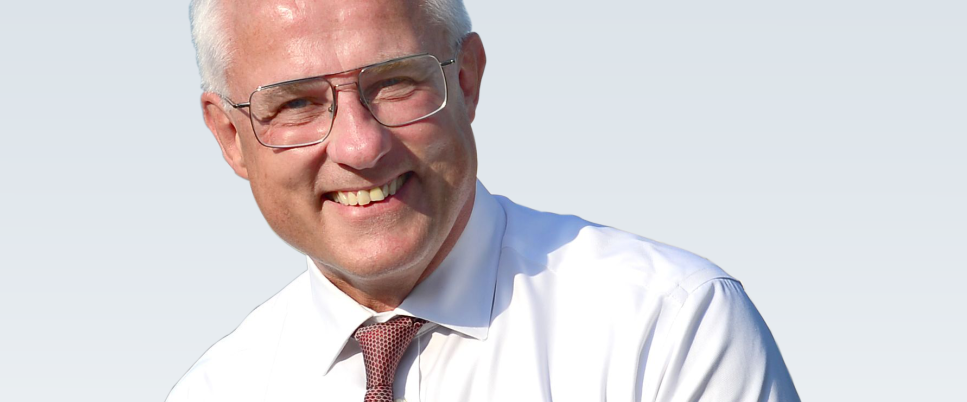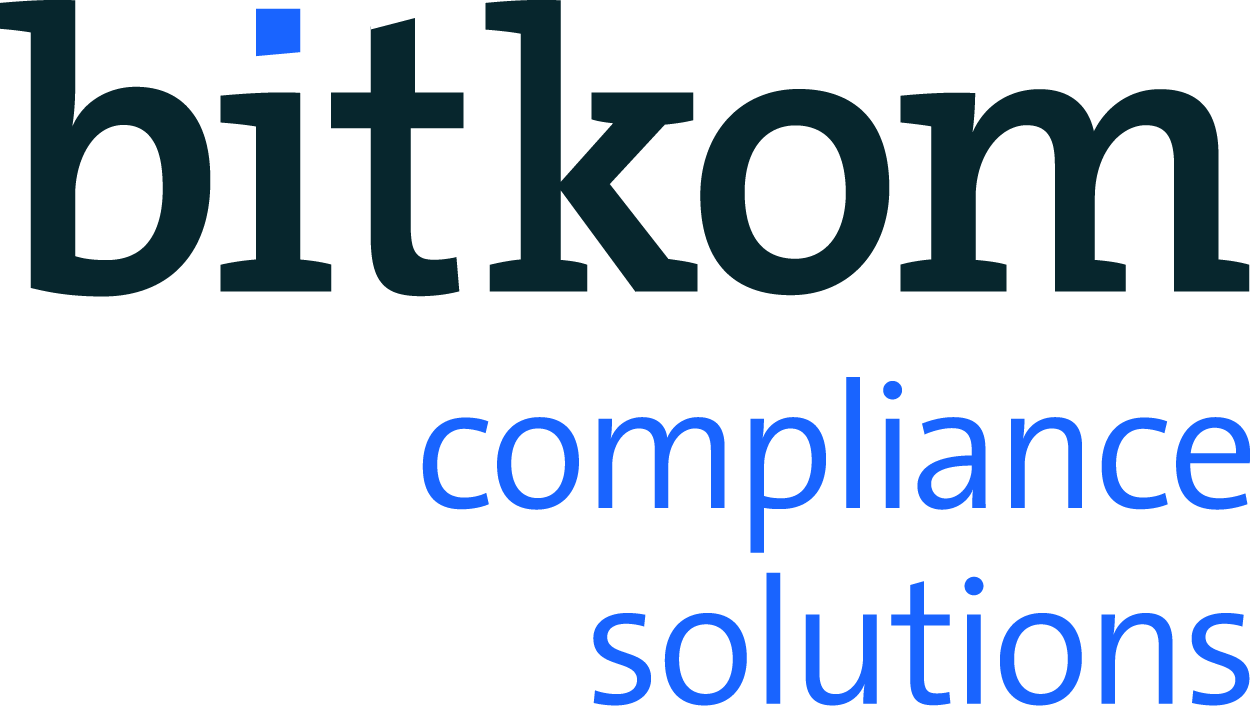
„A circular economy only works, when it turns into an essential part of thinking.“ – interview with the BDE
The draft of the new EU Battery Regulation presented by the EU Commission on 10 December 2020 is causing controversy among environmental service providers and manufacturers. The focus is on the discussions about collection quotas, recyclate ratios and a European deposit obligation. What is too little for some is too much for others. Too much effort, too high costs.
Yet everyone is concerned with creating an innovative and efficient recycling cycle for batteries, securing raw materials and becoming more climate-neutral. In the current legislative process the BDE - Bundesverband der Deutschen Entsorgungs-, Wasser- und Rohstoffwirtschaft e.V. (Federal Association of the German Waste Management, Water and Raw Materials Industry) advocates the conservation of valuable primary raw materials, higher recycling targets and a European mandatory deposit. We spoke to BDE President Peter Kurth about the new EU Battery Regulation and his position on it.
What need do you assign to the design of the EU Battery Regulation?
"We have high expectations that the regulation will finally help us make progress in battery recycling. For example, when we introduced e-mobility in Germany, there were discussions about whether or not we needed a helmet, whether or not it was allowed to drive on the road or on footpaths. But there was never any discussion about what actually happens after use and what the recycling of lithium-ion batteries looks like. We are talking about material that is valuable, but on the other hand can also be very dangerous if it is not treated properly. So what is happening in Brussels right now is of considerable importance. Over in the coming years, we expect the volume of batteries to increase many times. In other words, the real battery flood for the disposal companies is yet to come."
What would the ideal collection rate look like for you?
"Currently, the German Battery Act provides for a collection rate of 50%. For us, it looks like this: Every second battery is not disposed of properly. It is only a matter of time before we have our first fatalities due to fires caused by damaged batteries. The announcement that we will voluntarily give up half of the batteries does not work like that. That is why we are demanding 80% in the EU Battery Regulation."
The original plan to abolish primary batteries altogether was discarded. What is your opinion on this?
"That is old news. We are concerned with the challenges of the waste management market. We want reasonable collection rates for spent batteries and minimum recycling rates for recyclates. We need to incentivise recyclate markets, regulate collection rates and bring about uniformity."
What minimum use rates of recyclates are planned and are you satisfied with them?
"For industrial and automotive batteries as well as for traction batteries from electric vehicles, 12% for cobalt, 85% for lead and 4% each for lithium and nickel are to apply from 2030. From 2035, some values are to be corrected upwards. This is a good course and, in our view, sufficient lead time for manufacturers."
The BDE has spoken out in favour of an additional mandatory deposit. What should this look like?
"The EU Commission is having a hard time with the issue. That's understandable, because there are countries that don't know anything about deposit systems. Nevertheless, the issue must be tackled now. For us, a mandatory deposit on portable batteries of 9 volts or more makes sense. After all, we have existing deposit systems in Germany. If the deposit system were economical, it would also work. The example of the mandatory deposit on car batteries shows that 50 euros is not an incentive. It only doesn't work because it is a zero deposit. Many manufacturers and retailers have problems keeping up with the legal requirements and finding the extra resources."
Do you think there will be migration in the market because of this?
"It might happen, even if we hope it won't. Circular economy must first be integrated fully into the thinking process. In legislation and business, as well as in society. We take a partnership approach and would like to create production and recycling processes together with industry. Ultimately, we are all pursuing the same goal of a secure future."
How does the use of digital technologies help the circular economy?
"Digitalisation has found a big fan in the circular economy. It started with logistics and plant technology. Sorting by hand is no longer conceivable today. In the meantime, however, it's about much more than that. We want to be able to track through transparency that raw materials are actually circulating and being reused. The fact is, digitalisation is indispensable for the real closing of loops."
Do you expect the European WEEE Directive to be amended as well?
"As one of the 40 measures announced in the Green Deal, we expect a revision of the European WEEE Directive. We equally hope here that there will be a commitment to this and that it will result in sensible regulation."
The interview was originally conducted with Peter Kurth, President of the BDE - Bundesverband der Deutschen Entsorgungs-, Wasser- und Rohstoffwirtschaft e.V. and was translated into English.
Read more about the draft of the EU Commission here.
Read more about the statement of Bitkom e.V. on the draft of the EU Commission here.
